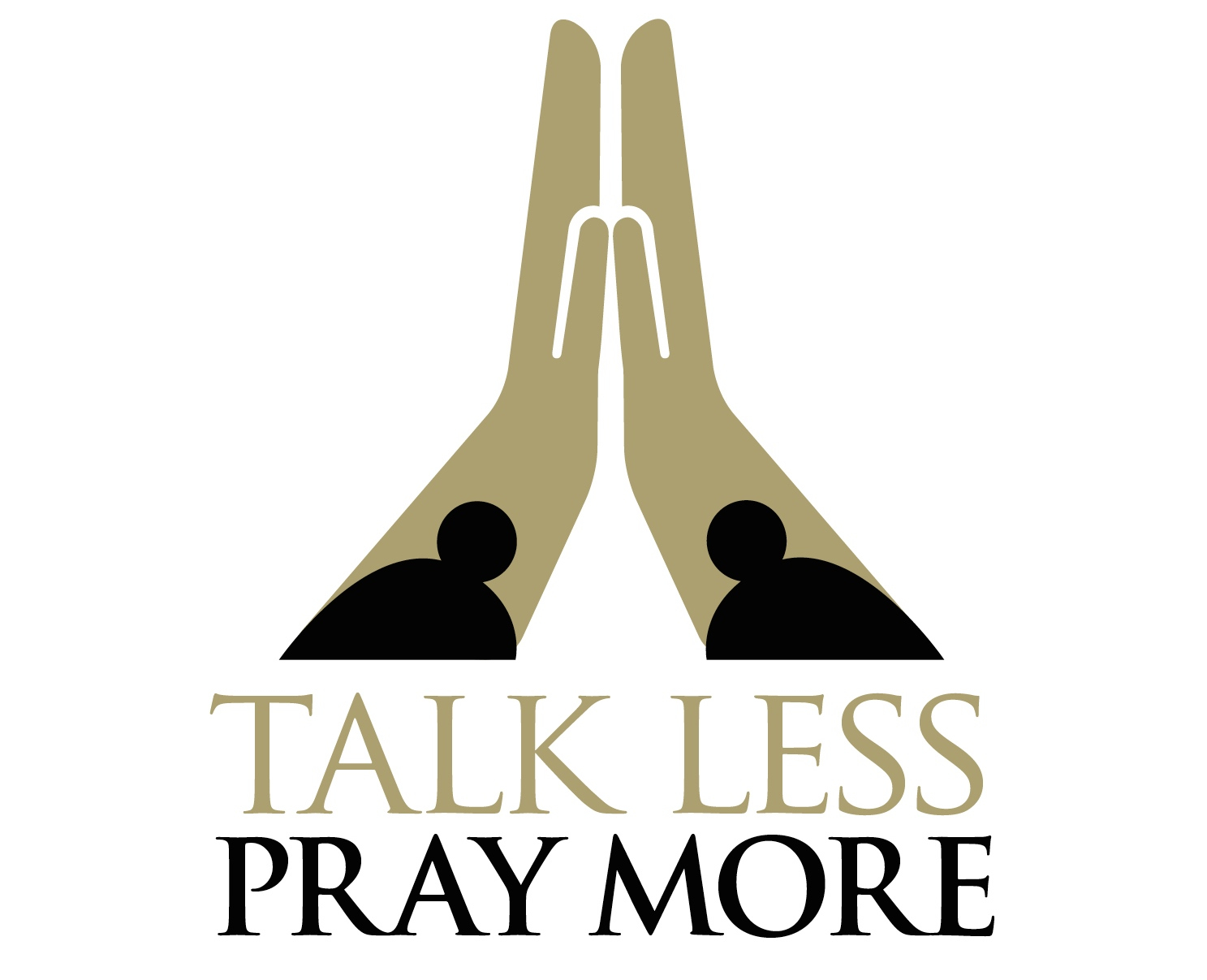“The effective prayer of a righteous man can accomplish much.” James 5:16
Effective prayer is a display of energy. Prayer is not a play on words or a display of eloquence. It is energized piety flowing from a hot heart, and a keen mind, and on mission for God.
The effective prayer is an earnest prayer. For the mission of prayer to be effective, there must be an admission of helplessness. The effectiveness of the prayer is directly related to the expression of helplessness, not hopelessness.
Without being forgiven, a man cannot be righteous. There is no forgiveness without the remission of sins, and where there is sin, there is no righteousness. The effective prayer is not based on the word-smithed eloquence of the one who is praying. On the contrary, many times words get in the way of most prayers. The less said the better. Prayer comes from the heart, not the lips.
The Hebrews recognized a righteous man by his outward expressions of praying, giving and fasting. Jesus didn’t disagree with these standards. He deepened them by identifying a righteous man by his motive for doing all three. Jesus took great pains to draw a distinction between the man who prayed in public to hide his private sin, and the man who prayed in public to expose his private sin. Jesus sided with the publican who prayed these simple words.
"But the tax collector, standing some distance away, was even unwilling to lift up his eyes to heaven, but was beating his breast, saying, 'God, be merciful to me, the sinner!' "I tell you, this man went to his house justified rather than the other; for everyone who exalts himself will be humbled, but he who humbles himself will be exalted." Luke 18:13-14
Where there is an earnestness to be forgiven, there will be effectiveness. God hears the prayer of the humble, and He is moved by their humility, not their eloquence, to answer their prayers.
I attended a National Revival Symposium, hosted at the Life Action Ministries headquarters in Buchanan, Michigan, and conducted by their ONE CRY team. One of the speakers, Richard Owen Roberts, was asked the question. “Do you have any regrets in ministry?” His response was, “The seasons when I lacked moral earnestness.” He went on to explain.
“Christ described Nathanael as a man who knew ‘no guile.’ This means a man with no fishhooks, with no practice of deceit. When you use a fishhook you disguise it. You want the fish to think you are there to feed them, but you are there to feed yourself. Be the man who is genuine, morally earnest. You are what you say you are. You are not deceiving them. You live what you proclaim. Never talk above your own practice.”
I was intrigued by his choice of words, almost as much as his level of transparency. “Moral earnestness” is not a combination of words that flows from contemporary church vocabulary. Perhaps it should. Effective and earnest prayer is marked by it.
“Elijah…prayed earnestly that it would not rain…” v.17
Prayer is not wishing for a fantasy to come true. Prayer is having the faith to put a request before God, in the name of Jesus. The truth is we don’t know how to pray, as we should. We need help to even express our helplessness.
“In the same way the Spirit also helps our weakness; for we do not know how to pray as we should, but the Spirit Himself intercedes for us with groanings too deep for words;” Romans 8:26
Earnest prayer is an admission of our helplessness, not our hopelessness. This kind of prayer takes hope and puts trust in God to answer the request in accordance with His will for our lives. Earnest prayer is believing prayer.
“Earnestly prayed” means Elijah “prayed with prayer.” He didn’t go to God as a hopeless last resort. He went to God as his first choice, knowing God was his only source of help. He prayed believing. Jesus said to do the pray the same way.
“And all things you ask in prayer, believing, you will receive.” Matthew 21:22
Note to Self: You can’t expect your prayers to be effective, when you are not earnest. The most earnest are the most forgiven. Two things break The Father’s heart, rebellion and repentance. When you pray from a forgiven heart, you bring Him your brokenness, and He turns it into effectiveness. Earnest prayer comes from your heart, not your mouth. The Father can tell the difference between a prayer that is prayed, and a prayer that is displayed. To be earnest and to be effective, you must be forgiven. Admit your helplessness. Never replace it with hopelessness. When you pray, you play to The Father’s strength. Prayer turns your weakness into effectiveness. Be earnest about it. TALK LESS! PRAY MORE!
Blog
Talk Less Pray More
Gary Don Miller Prayer Ministry
What a privilege to be invited into your “home”. We take that very seriously and understand that our calling and mission are completely and confidently to exalt the name of Jesus as we impart the powerful knowledge of intercession. Therefore, the moments we spend with you are dedicated to exhorting the people of God to Talk Less! Pray More!
